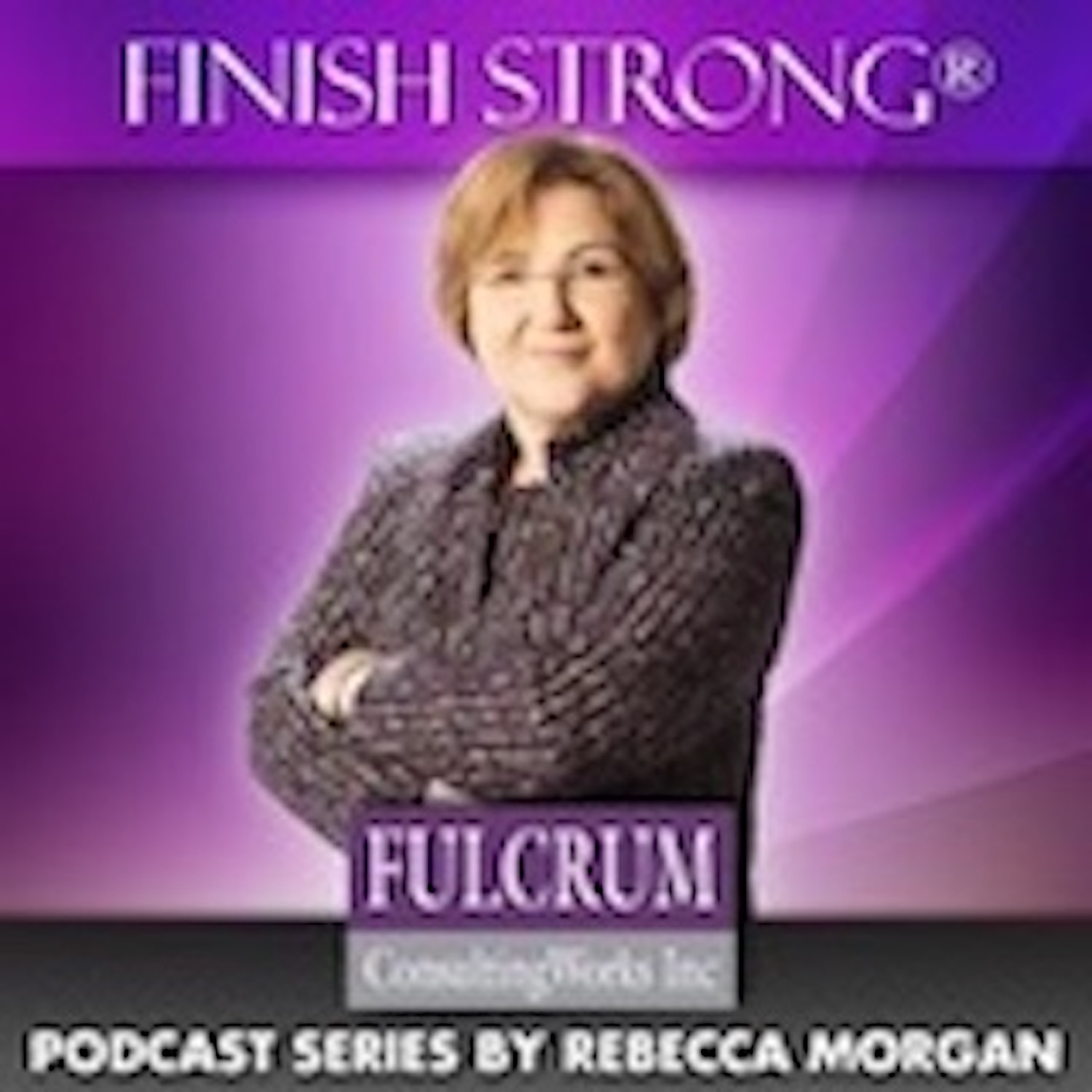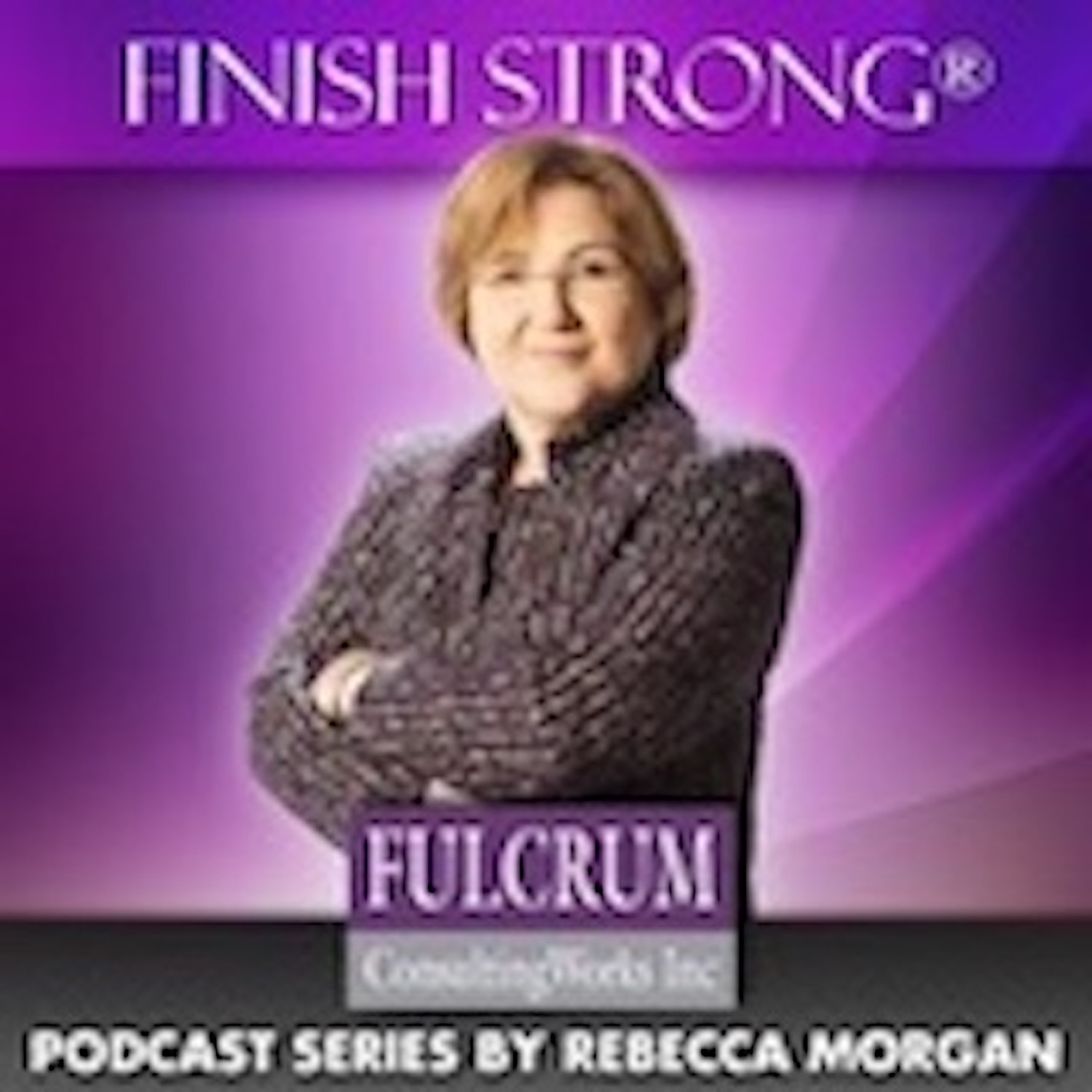full
Lean vs TPS -
Last week’s podcast exposed my frustration with executives and journalists who claim to understand lean but obviously, to me and my opinionated thinking, do not. Today I will share a few of the critical distinctions that underlie my passion.
First, when I hear the word “lean” I immediately think of the Toyota Business and Toyota Production Systems. The 1991 one book, The Machine That Changed the World, shared the findings of the Massachusetts Institute of Technology's $5 million, five-year study on the future of the automobile. This book made the term lean production known worldwide. The association with the word “lean” and Toyota’s “they’re doing something different there” performance got the attention of many manufacturing leaders.
Because no company wants its named operating system to refer to a different company, Ford has the Ford Production System and Danaher has the Danaher Business System. The majority simply refer to what they are doing as “lean.” The problem, for me at least, is that the word “lean” has no consistent meaning across, or even within, companies. But the word is used as if it reflects a specific operating system approach. It does not.
For example, a company will say it uses Kanban, a tool from TPS, as evidence they are lean. That tool, to Toyota, reflects a stopgap measure on their way to creating flow. It is a system they designed to meet their needs at the time. Toyota has modified that tool many times, and differently to reflect various conditions, as it becomes closer to the ability to flow. Whether it involves a card or not, is irrelevant. The information on the card is irrelevant. What is relevant is that Toyota uses it as a means of scheduling, inventory control that the people involved in the process design and manage. It is used between various process steps to highlight currently necessary interruptions to flow, which are then attacked. Kanban is not the goal for them, nor has it ever been, nor will it ever be.
The Toyota Business and Production Systems are ways of thinking and behaving, not a set of tools. A tool may evolve out of thinking to solve a problem or generate an opportunity. Tools are not the purpose nor the goal for that company. They are simply a means to an end, with the focus always on the end.
While I have been to many Toyota facilities, and have invested time with many current and former Toyota leaders, I know enough to know I understand very little of TPS. But I passionately understand that.
JIT, the subject of last week’s rant, is a goal driving many Toyota efforts. It is not an inventory management method. To any and all who want to use Toyota, or another leading manufacturer, as a model for thinking and behavior, please do not believe that copy/paste is the answer for you. It is not. That thinking is one of the primary distinctions between TPS and lean proponents.


